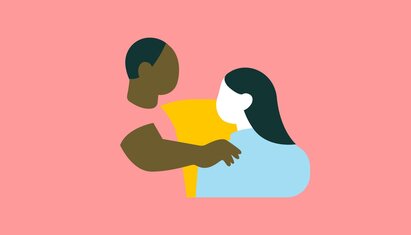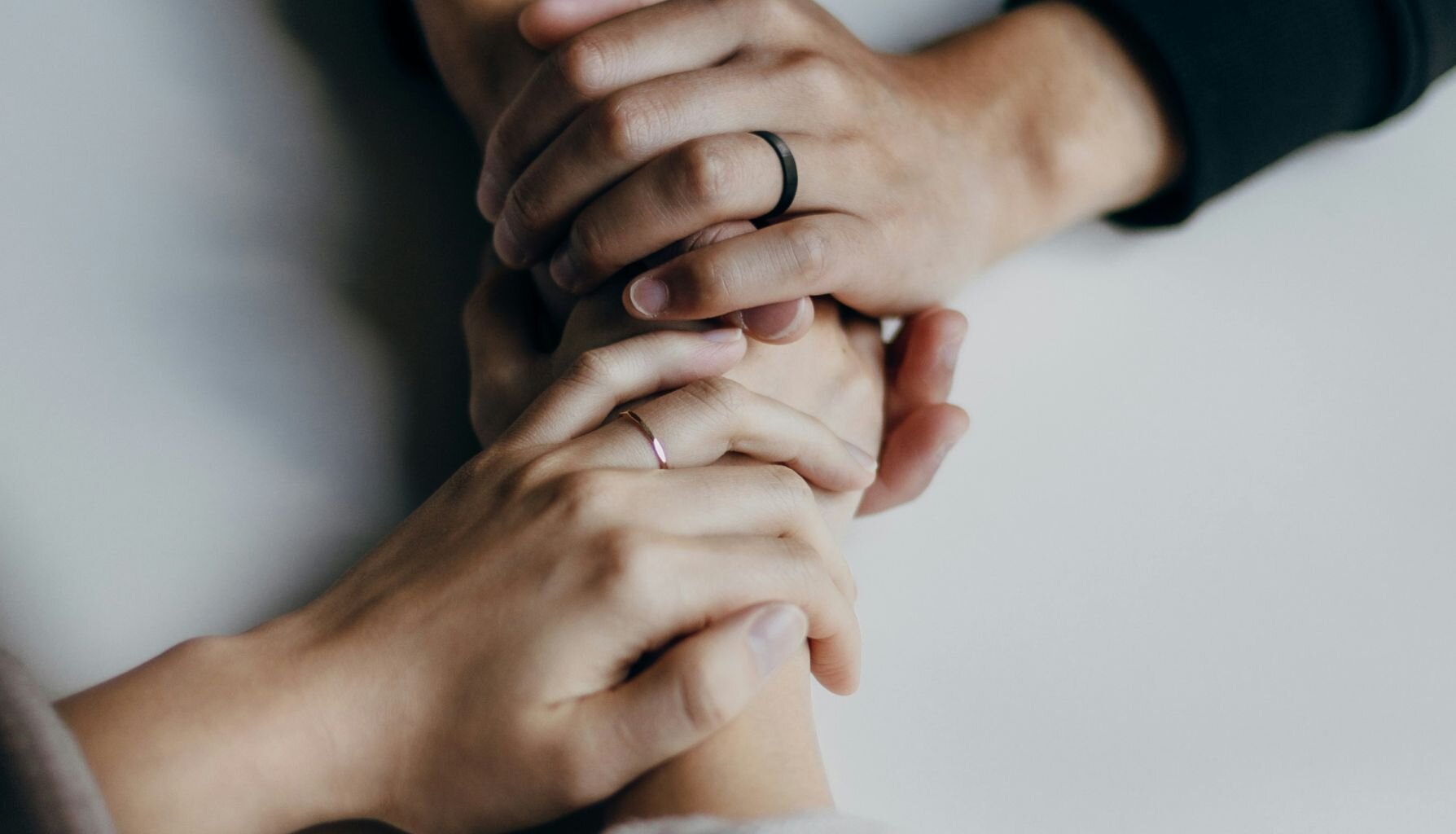How to use measurement-based care to strengthen therapeutic alliances

Published August 10, 2021

Join Dr. Ben Caldwell as he speaks with a panel of cancer care experts Caitlin Minniear, LMFTA, MDFT, Alison Tierney, MS, RD, CD, CSO, and Emily Roll, MS, CCC-SLP. Each coming with their own specialty and diverse background, they discuss everything from cancer prevention to supportive care for cancer patients and their families.
These experts offer a holistic and positive approach on what may seem like a heavy topic. They answer questions on how one might initially get involved, how different nutrition and lifestyle changes can have big impacts, and building up a network within your private practice that incorporates different providers.
Most importantly, they offer courage and reassurance—because even though this can be hard work, you can definitely do this. If you’ve ever been interested in working with cancer patients, this panel of experts has the knowledge and insight on what to expect, and the best advice on how to get started in this line of work.
Proudly made in Santa Monica, CA © 2025 SimplePractice, LLC
Proudly made in Santa Monica, CA © 2025
SimplePractice, LLC